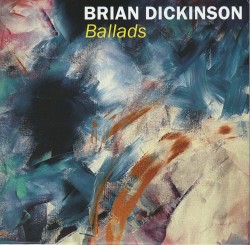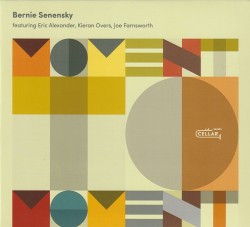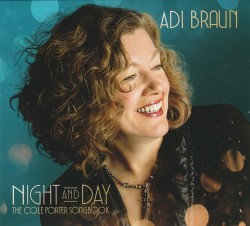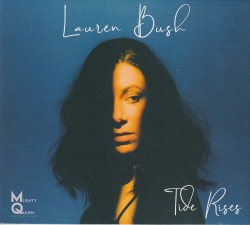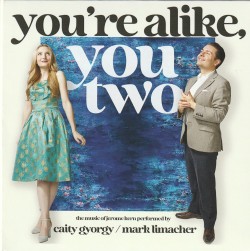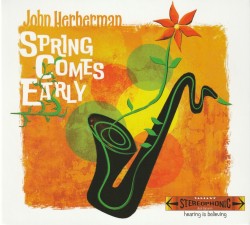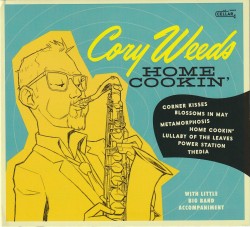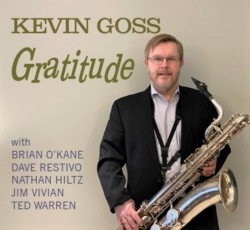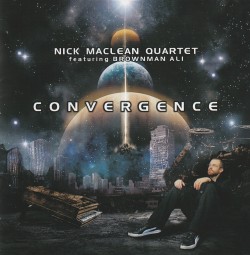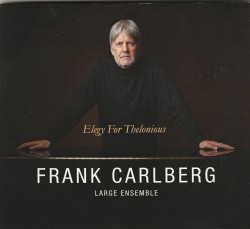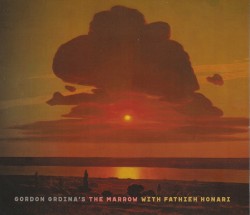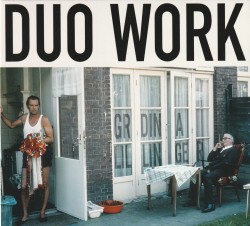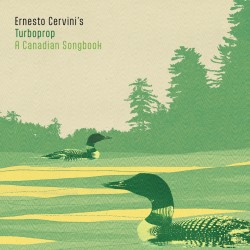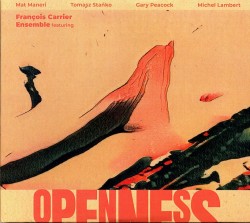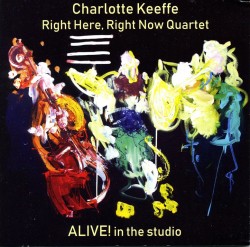Night Flight - Barry Elmes Quintet
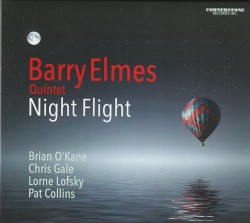 Night Flight
Night Flight
Barry Elmes Quintet
Cornerstone Records CRST CD 168 (cornerstonerecordsinc.com)
Renowned musician and composer Barry Elmes has again gathered up the best of the best in the Canadian jazz industry and released a captivating new record. The quintet he started in 1991 has seen a couple of changes recently with Chris Gale on sax and Pat Collins on bass added to the existing lineup of Brian O’Kane on trumpet and Lorne Lofsky on guitar. The album is a compilation of standards by greats such as Charles Mingus and Keith Jarrett, which Elmes and crew have revived in an enticing manner. Also featured in the tracklist is a new composition by the drummer himself, which starts off the record with a mellow and catchy groove.
The bandleader has this to say about this latest release, “Each of these songs left a deep impression on me and this album serves as both a tribute to the composers and an opportunity to present new arrangements of their music.” Elmes’ appreciation and respect for these tunes and their composers is evident throughout the album, especially in the way that each piece has a unique, new take on it without changing the feel and charm found in the original songs. An example of that is Mingus’ Opus 3, which takes on a more laid-back feel in Elmes’ arrangement, but the drive and rhythmic prowess of the original is not lost in this relaxed version. A great album as a whole, perfect for any jazz-lover!


